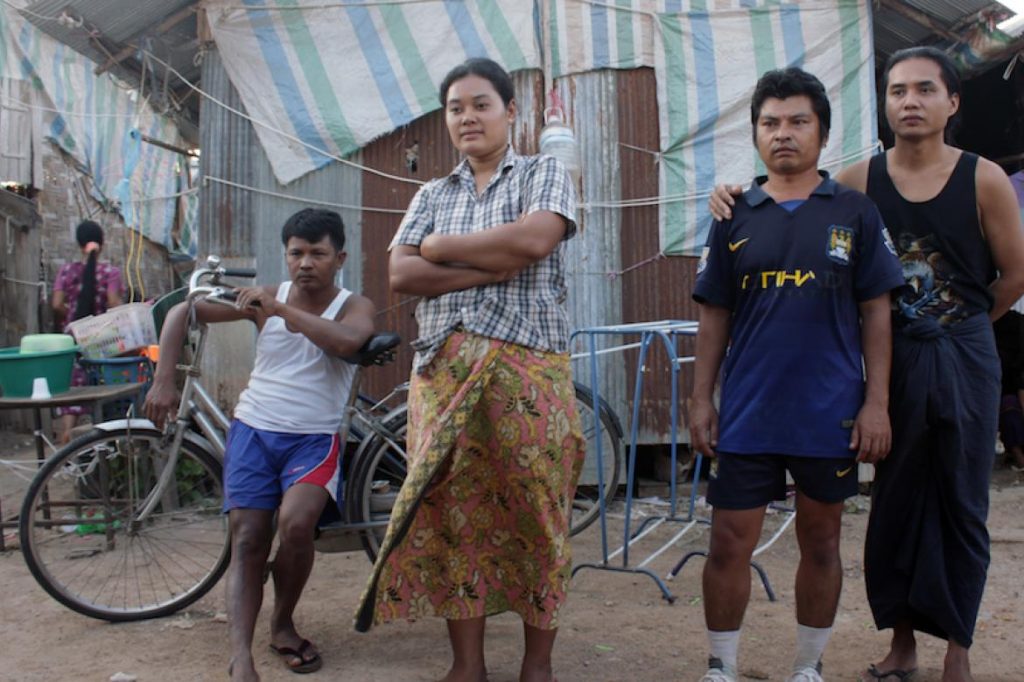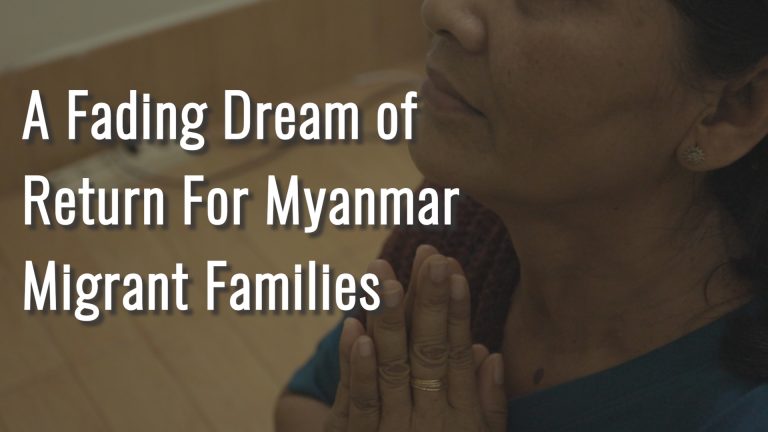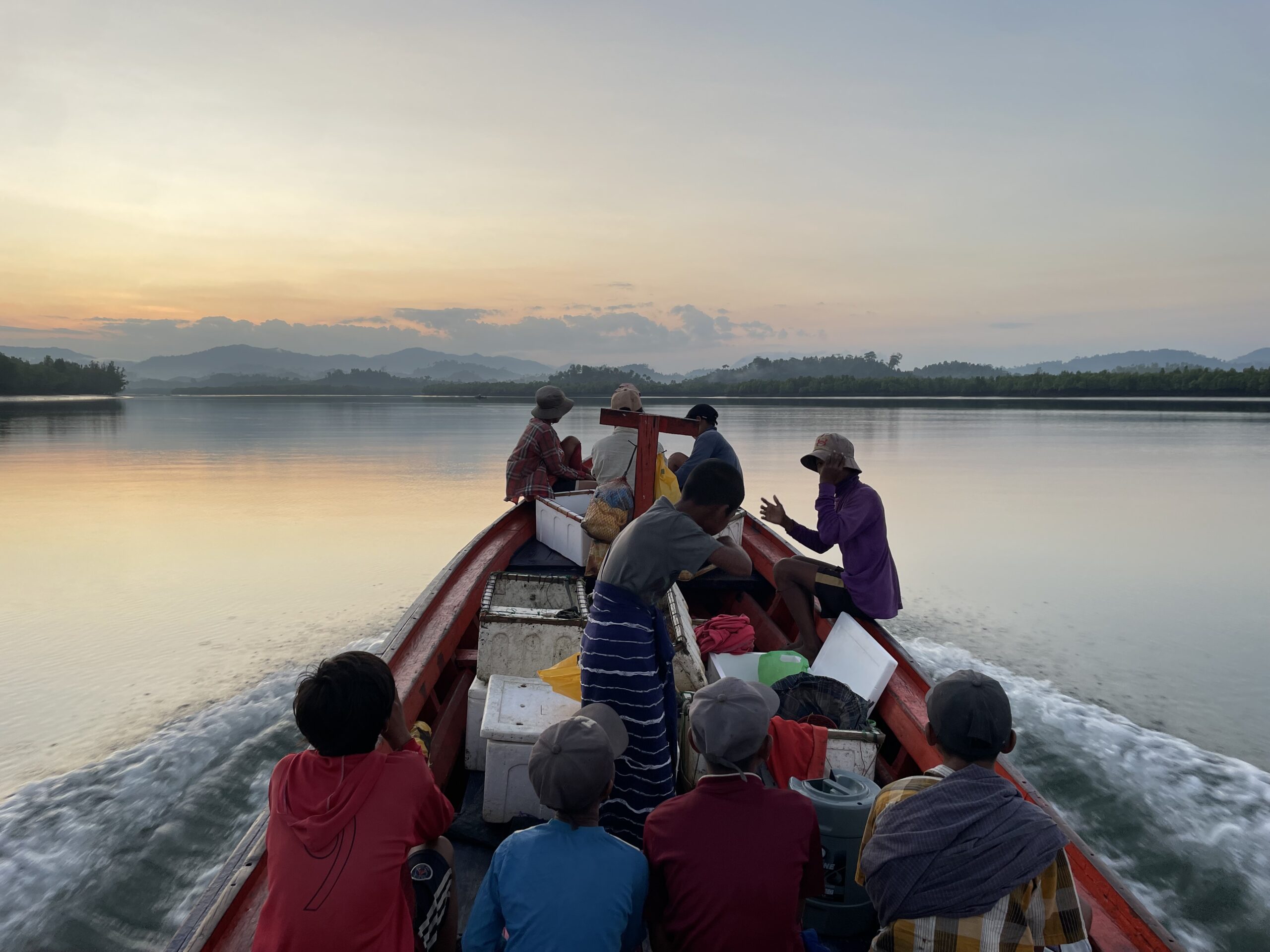Thailand’s Labour Ministry plans to target big industrial zones in the first stage of a new campaign against illegal migrant workers, the Bangkok Post reported on February 4.
The checks in areas believed to be employing large numbers of illegal migrant workers would be aimed at documenting foreigners who were yet to register with the ministry, a senior official said.
“Migrant workers found without proper work permits will face harsh punishment,” Arak Phrommanee, the head of the ministry’s Department of Employment, told the newspaper.
Mr Arak said employers found to have hired illegal migrant workers could face a fine of up to THB100,000 a worker, and up to THB400,000 a worker in the fishing industry.
He said the department’s plan to take an outreach approach to registering illegal workers was expected to improve Thailand’s image over the treatment of foreign labour as well as its ranking in the annual Trafficking in Persons report by the US State Department.
Support more independent journalism like this. Sign up to be a Frontier member.
In the most recent TIP report last June, Thailand remained at the bottom Tier 3 for the second consecutive year.
Labour abuses in the seafood sector were a reason for Thailand’s downgrade to Tier 3 in 2014.
Thailand’s Labour Minister, General Sirichai Distakul, has said the government was doing its best to tackle problems in the seafood industry, including illegal migrant workers and human trafficking.
The main problems in the industry were illegal, unreported and unregulated fishing and forced labour, Gen Sirichai told an international seafood industry conference in Malta on February 3, the Bangkok Post reported.
The European Union last April issued Thailand with a “yellow card” card warning over illegal fishing and labour abuses. An EU team has been visiting Thailand to assess the situation ahead of a decision later this month on whether to ban seafood exports.
The Thai cabinet on February 2 approved a Labour Ministry proposal to extend the registration period for migrant workers from Myanmar, Laos and Cambodia in the fishing industry until the end of July, the Bangkok Post said.







